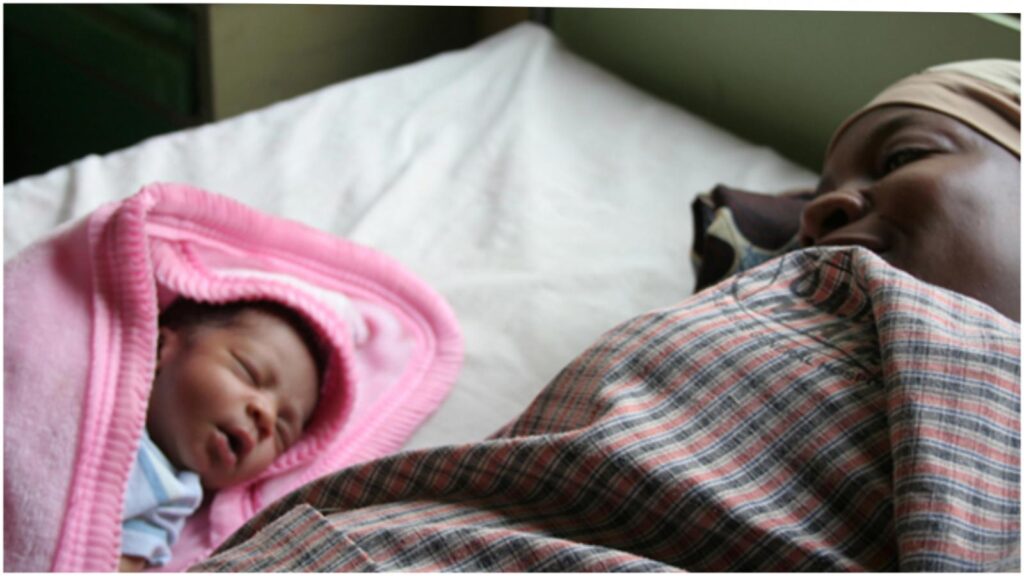
The Bill & Melinda Gates Foundation has emphasised the need for stronger efforts to reduce maternal and newborn deaths in Nigeria.
Despite some progress, maternal and child mortality rates are declining too slowly to meet the 2030 Sustainable Development Goals.
Senior program officer at the foundation, Dr. Charity Chenge highlighted several key innovations that could accelerate progress across the country at a 2024 dialogue with the theme “Scaling Maternal Health Innovations in Nigeria: Learnings, Challenges, and Opportunities.” She mentioned the following innovations:
– Postpartum haemorrhage (PPH) bundle: a comprehensive approach to managing severe bleeding after childbirth to save lives
– Multiple Micronutrient Supplements (MMS): providing essential vitamins and minerals to pregnant women to improve both maternal and newborn health
– Maternal Azithromycin (MAZ): an antibiotic to prevent infections during childbirth
– Intravenous Iron: treating anemia in pregnant women to reduce complications during delivery
– Handheld Ultrasound Devices: to help monitor pregnancies, especially in remote areas
Chenge stressed the importance of making these innovations widely available and overcoming barriers in the healthcare system to ensure they reach those in need. The Gates Foundation is committed to supporting these efforts through partnerships and funding. They have been working closely with Nigeria’s health ministry and other stakeholders to prioritise and scale up these life-saving innovations.
The foundation’s goal is to significantly reduce maternal and newborn deaths by improving the quality and availability of healthcare services across the country. They are dedicated to collaborating with various partners to enhance maternal and newborn health in Nigeria, ultimately saving thousands of lives.
Maternal mortality remains a critical issue in Nigeria, with the country ranking second globally in the number of maternal deaths according to a 2023 World Health Organisation report. Systemic barriers such as poor access to healthcare services, financial constraints, and inadequate transportation infrastructure contribute to delays in seeking maternal healthcare, exacerbating the crisis.
Innovative approaches in digital health, telehealth, and evidence-based interventions like E-MOTIVE, a postpartum haemorrhage management bundle, offer promising solutions to these challenges.

